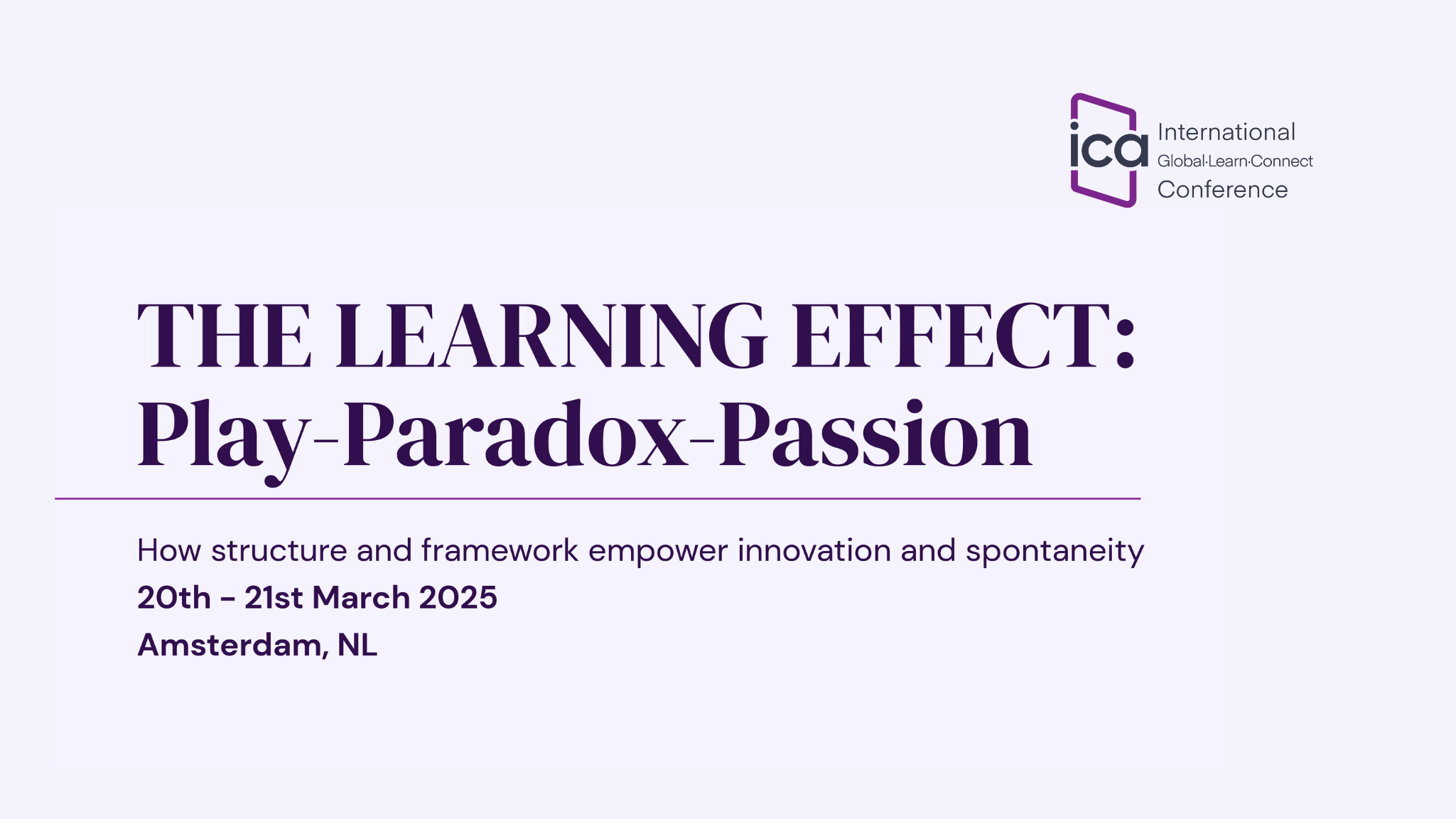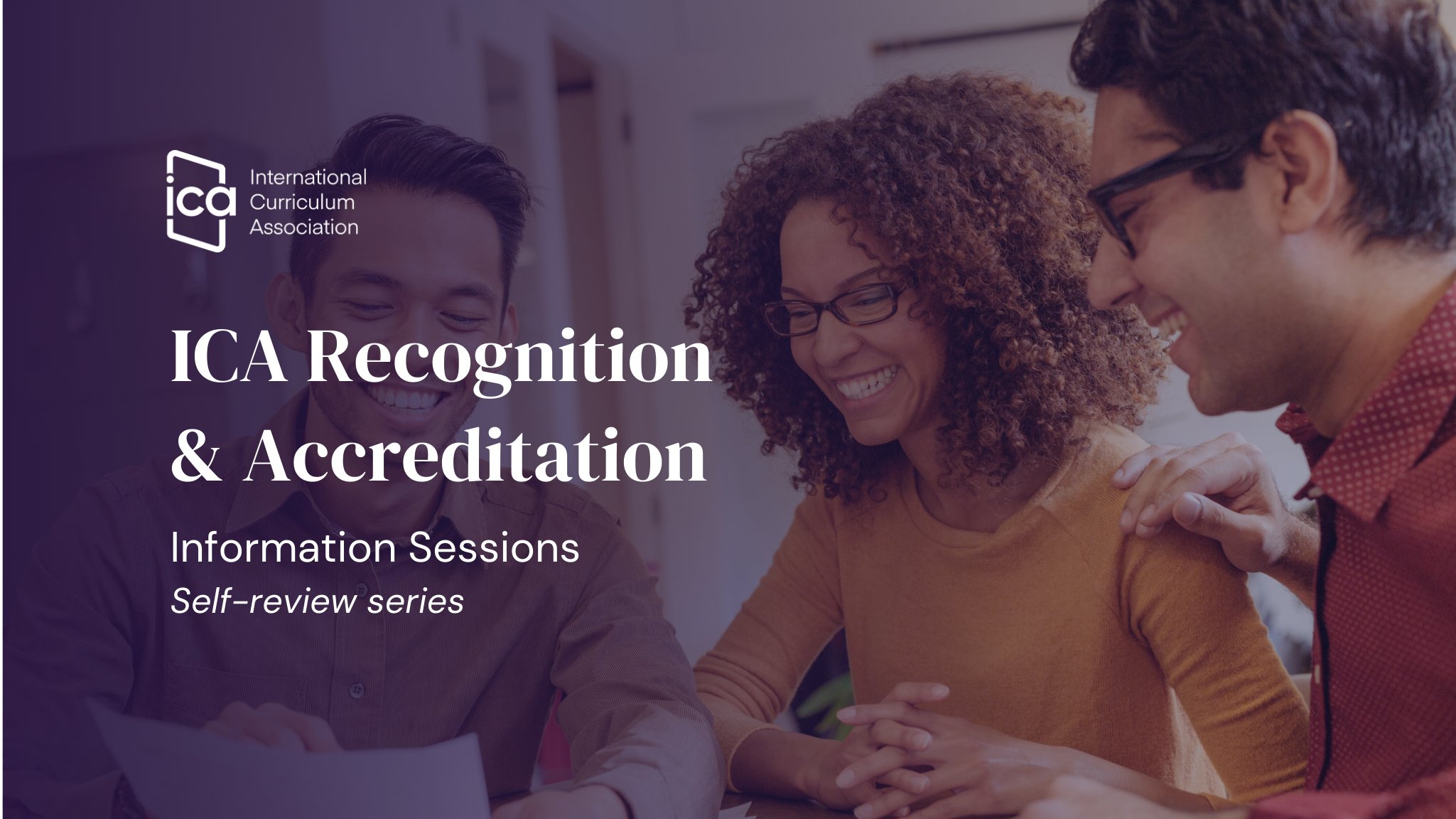Do you ever wish your middle school learners could navigate the emotional rollercoaster of adolescence with greater equanimity? The key to managing emotions is being very deliberate with Emotional Intelligence (EQ) and how it is woven into classroom practices. While it might not be as flashy as mastering long division, developing strong EQ skills is crucial for your learners' academic success and future well-being. Let's explore why EQ is the hidden curriculum that deserves a starring role in your classroom, and how schools like East-West International (EWIS) in Phnom Penh, Cambodia, are using this knowledge to cultivate strong emotional intelligence in their middle school students.
The world our learners are stepping into is rapidly changing. Automation and Artificial Intelligence (AI) are transforming the job market, with machines handling tasks previously thought to be the exclusive domain of humans. This rapid change raises a crucial question for educators: are the skills we currently teach preparing learners for an uncertain future? While the technical skills they learn today might become obsolete, the ability to manage emotions, collaborate effectively, and adapt to change will always be in demand.
EQ is the ability to understand and manage one's own emotions, while also recognizing and responding to the emotions of others. It encompasses self-awareness, self-regulation, empathy, motivation, and social skills – all qualities that will remain highly sought-after in the future workforce.
At EWIS, emotional intelligence is a key ingredient to student success. Strong communication, teamwork, and conflict resolution – all key components of high EQ – are woven into the learning experiences, creating an environment that promotes prosocial behavior and builds empathy. By fostering EQ in the classroom, learners are better equipped with the tools they need to become future-ready lifelong learners.
How Does EWIS Cultivate Strong Emotional Intelligence in its Teaching Practices?
Here are a few EWIS-specific strategies you can consider:
Emotionally Intelligent Activities: EWIS uses reflection on both academic and social emotional areas to help learners come to terms with their feelings. In writing, they reflect on their progress before and after assessments and offer a personalized opinion on the Big Ideas.
Journaling for Growth: EWIS encourages journaling as a tool for self-reflection. Learners can explore their feelings in a safe space, identify triggers that lead to strong emotions, and develop healthy coping mechanisms. It is also a great way to build metacognition
Cooperative Learning: All educators at EWIS are trained in Kagan Cooperative Learning Structures, which are critical in promoting an environment that builds and maintains relationships. By having these consistent structures in each class, the school is able to frame their learning around the emotional needs of the students as they develop together.
Peer-to-Peer Feedback: EWIS uses a feedback structure called T.A.G. that gives learners the tools they need to feedback to one another effectively. This creates a culture of feedback where learners build positive interdependence in a controlled space. Learners experiment with empathy and effective communication by experiencing it first-hand on a daily basis.
By prioritizing EQ development, EWIS has created a calmer classroom environment. This fosters a space where educators can effectively lay the foundation for learners to better cope with stress, explore their feelings and learn the impact they have on others. Ultimately, this helps them build longer-lasting relationships, navigate challenges more productively, and become well-rounded individuals with the emotional intelligence to not only participate in the future, but to thrive in it.
The Takeaway
The educational landscape is changing, and students need to be prepared for an uncertain future. While the technical skills they learn today might become obsolete, harnessing the power of emotional intelligence equips students with the ability to manage emotions, collaborate effectively, and adapt to change – skills that will put them at an advantage later in life. By fostering EQ development alongside academics, educators can empower students to become future-proof learners who can thrive in the face of any disruption.



